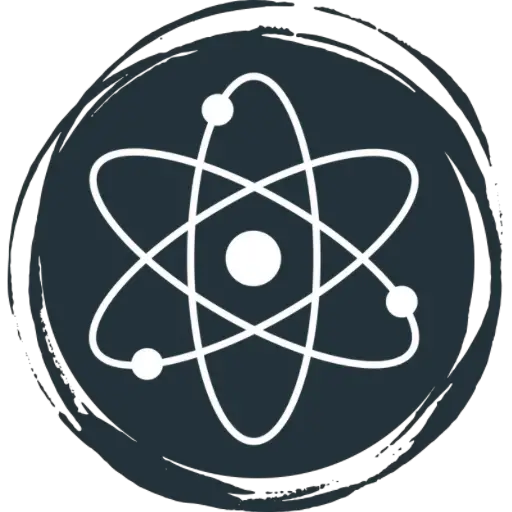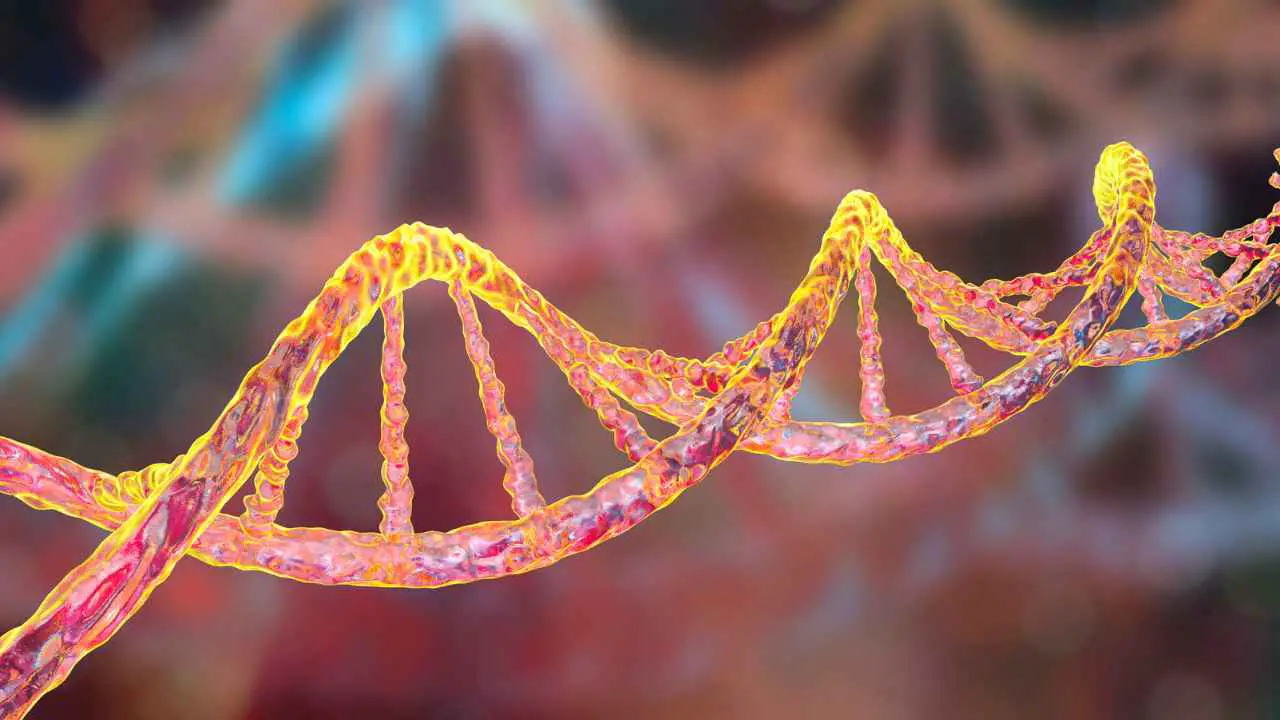Have you ever wished you could turn back the clock on aging? Well, hold onto your hats, because scientists are making strides that could one day make this wish a reality. In a groundbreaking study, researchers have managed to reverse the aging process in human cells, making them appear and act younger. This isn’t science fiction; it’s the dawn of a new era in anti-aging research. Let’s dive into how this revolutionary breakthrough could change the way we think about aging.
The Fountain of Youth at a Cellular Level
At the heart of this breakthrough is a deeper understanding of how our cells age. Every cell in our body has a biological clock ticking away, and as time passes, this clock causes changes in the cell that lead to aging. Scientists have discovered ways to rewind this clock, essentially rejuvenating cells and restoring their youthful function. It’s like finding a hidden reset button inside every cell.
Recent Discoveries and Innovations
Recent advancements in anti-aging research have unveiled groundbreaking approaches to slow or reverse biological aging. These include:
- Supplements and Prescription Drugs: Scientists have identified supplements such as resveratrol, nicotinamide mononucleotide (NMN), and N-acetyl cysteine (NAC), along with prescription medications like metformin and rapamycin, for their potential anti-aging effects. These interventions target various aging mechanisms, from improving mitochondrial function to enhancing cellular repair processes.
- Cell Reprogramming Techniques: Researchers have developed chemical “cocktails” that can reprogram cells to a younger state. This approach, based on enhancing telomere length and reworking the body’s epigenetic clock, represents a significant leap forward in anti-aging science.
- Detoxifying Strategies: A team from the University of Virginia has discovered an anti-aging strategy involving the detoxification of harmful by-products of fat metabolism, such as glycerol and glyceraldehyde. This breakthrough could pave the way for treatments that extend lifespan by mitigating the accumulation of these detrimental compounds.
- University of Virginia’s Discovery: Scientists at the University of Virginia have made a notable contribution by identifying a method to detoxify the body of glycerol and glyceraldehyde, potentially extending lifespan. This discovery, detailed in their recent publication, marks a significant advancement in understanding how to combat the biochemical effects of aging.
The Implications Are Huge
The potential benefits of these anti-aging discoveries are enormous, offering hope for therapies that help our bodies repair age-related damage, improve recovery from injuries, and extend lifespan. Imagine a future where age-related diseases are a thing of the past, and our bodies remain vigorous and healthy well into old age.
But Don’t Start Celebrating Just Yet
While these findings are promising, translating them into real-world treatments will require time, further research, and overcoming numerous challenges. Ethical considerations also play a crucial role in the development and application of anti-aging therapies.
The Journey Ahead
This anti-aging breakthrough is just the beginning. With each discovery, scientists move closer to unraveling the complex mechanisms of aging, opening new pathways for health and longevity.
Sources of Information:
- University of Virginia study on detoxifying harmful by-products of fat metabolism.
- Research on supplements and prescription drugs for anti-aging effects.
- Advances in cell reprogramming techniques for reversing aging.


